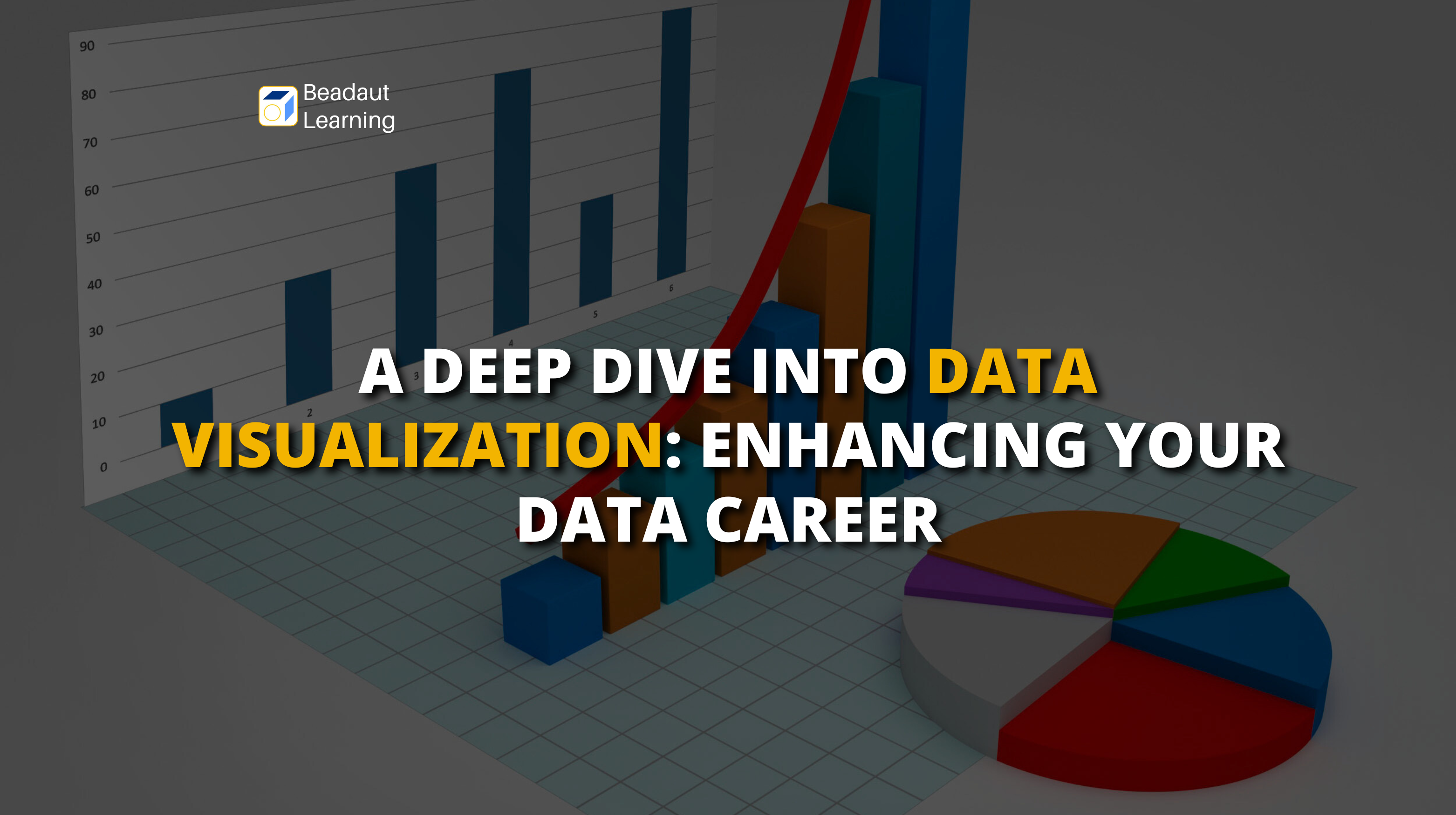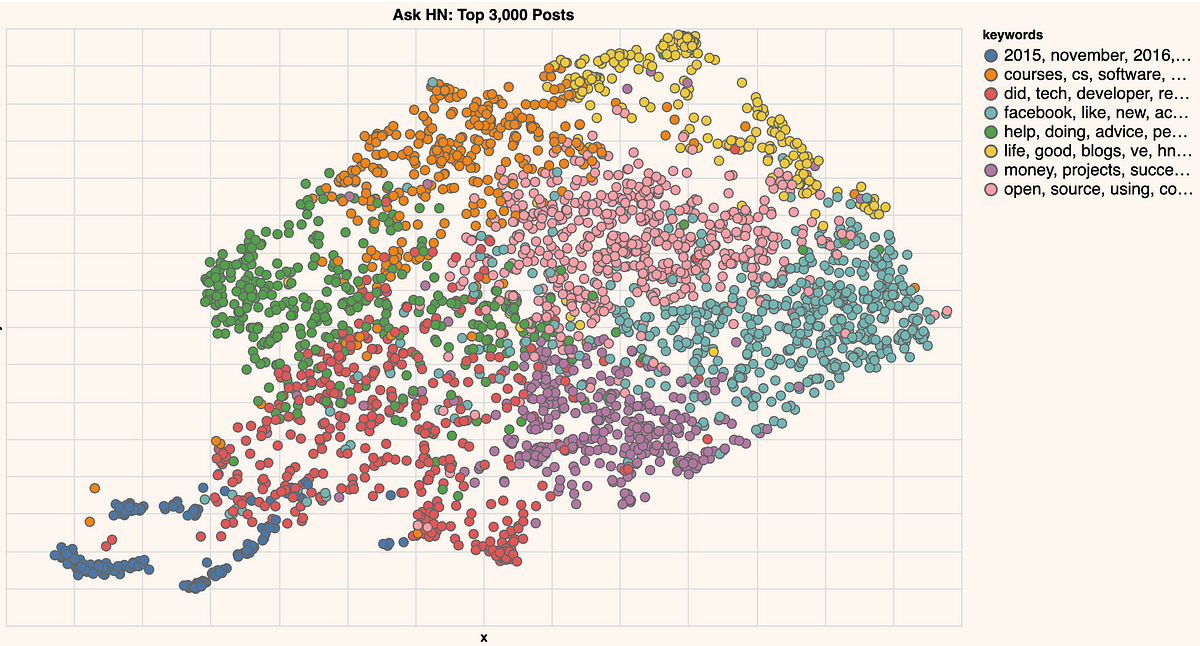ECharts For Vue: A Deep Dive Into Information Visualization
ECharts for Vue: A Deep Dive into Information Visualization
Associated Articles: ECharts for Vue: A Deep Dive into Information Visualization
Introduction
On this auspicious event, we’re delighted to delve into the intriguing subject associated to ECharts for Vue: A Deep Dive into Information Visualization. Let’s weave attention-grabbing data and supply contemporary views to the readers.
Desk of Content material
ECharts for Vue: A Deep Dive into Information Visualization

Vue.js, with its elegant simplicity and reactive nature, has turn into a favourite amongst front-end builders. Combining its energy with the strong charting library ECharts unlocks a potent toolset for creating dynamic and visually interesting information visualizations inside your Vue functions. This text will discover the mixing of ECharts into Vue, masking varied features from primary setup and configuration to superior strategies and greatest practices.
Understanding ECharts
ECharts (Enterprise Charts) is an open-source, highly effective, and extremely customizable charting and visualization library. It boasts a big selection of chart sorts, from easy bar and line charts to advanced maps, graphs, and extra. Its options embrace:
- In depth Chart Sorts: ECharts helps an enormous catalog of chart sorts, permitting you to characterize your information in the best and visually compelling method. This consists of however just isn’t restricted to: line charts, bar charts, scatter charts, pie charts, radar charts, maps, heatmaps, funnel charts, and lots of extra.
- Interactive Options: ECharts offers a wealthy set of interactive options, enabling customers to zoom, pan, hover over information factors for tooltips, and choose information for detailed evaluation. This interactivity enhances person engagement and understanding of the offered information.
- Customization Choices: A key power of ECharts is its in depth customization capabilities. You possibly can tailor practically each facet of the chart’s look, from colours and fonts to axis labels and legends, guaranteeing your visualizations align completely together with your software’s design.
- Giant Datasets: ECharts is designed to deal with giant datasets effectively, sustaining efficiency even with tens of millions of information factors. Its optimized rendering engine ensures easy and responsive interactions, even with advanced visualizations.
- Themes and Types: ECharts gives pre-built themes that present a place to begin for styling your charts. You may also create your personal customized themes to keep up a constant visible fashion throughout your software.
- Information Loading and Formatting: ECharts helps varied information codecs, making it straightforward to combine together with your current information sources and pipelines. It handles information manipulation and formatting internally, simplifying the event course of.
Integrating ECharts into Vue
There are a number of methods to combine ECharts into your Vue software. The commonest method entails utilizing the official vue-echarts element. This wrapper simplifies the method, offering a handy method to work together with ECharts inside your Vue parts.
Set up:
First, set up the required packages:
npm set up echarts vue-echartsor
yarn add echarts vue-echartsPrimary Utilization:
As soon as put in, you may import and use the VeCharts element in your Vue element:
<template>
<div>
<ve-charts :choices="chartOptions" />
</div>
</template>
<script>
import VeCharts from 'vue-echarts'
import * as echarts from 'echarts'
export default
parts:
VeCharts
,
information()
return
chartOptions:
xAxis:
kind: 'class',
information: ['Mon', 'Tue', 'Wed', 'Thu', 'Fri', 'Sat', 'Sun']
,
yAxis:
kind: 'worth'
,
collection: [
data: [15, 12, 18, 13, 20, 16, 14],
kind: 'line'
]
</script>This instance creates a easy line chart. The chartOptions object defines the chart’s configuration, together with the x-axis information, y-axis kind, and the collection information. The VeCharts element renders the chart based mostly on these choices.
Superior Utilization and Customization
ECharts’ energy lies in its in depth customization capabilities. Let’s discover some superior strategies:
-
Dynamic Information Updates: ECharts permits you to replace the chart information dynamically based mostly on person interactions or modifications in your software’s state. This may be achieved by modifying the
chartOptionsinformation property in your Vue element. Vue’s reactivity system will robotically replace the chart each time thechartOptionsobject modifications. -
Customized Parts: You possibly can combine customized parts inside your ECharts visualizations, including interactive components or enhancing the person expertise.
-
Occasion Dealing with: ECharts offers varied occasions that you may hearken to, corresponding to clicks, hovers, and choices. You should use these occasions to set off actions inside your Vue software, corresponding to displaying detailed data or filtering information.
-
Themes and Styling: ECharts gives a number of built-in themes, and it’s also possible to create customized themes to match your software’s design. You possibly can customise colours, fonts, and different visible features to create a constant and visually interesting expertise.
-
Tooltips and Legends: Customise tooltips to show detailed data on hover, and legends to permit customers to toggle the visibility of various collection.
-
Information Zooming and Panning: Allow customers to zoom and pan the chart for a extra detailed view of particular information ranges.
-
Axis Customization: Customise axis labels, ranges, and scales to current your information successfully.
Instance: Making a Dynamic Bar Chart
Let’s create a extra advanced instance: a dynamic bar chart that updates based mostly on person enter:
<template>
<div>
<enter kind="quantity" v-model="newData" placeholder="Enter new information">
<ve-charts :choices="chartOptions" />
</div>
</template>
<script>
import VeCharts from 'vue-echarts'
import * as echarts from 'echarts'
export default
parts:
VeCharts
,
information()
return
chartData: [10, 20, 30, 40, 50],
newData: 0,
,
computed:
chartOptions()
return
xAxis:
kind: 'class',
information: ['A', 'B', 'C', 'D', 'E']
,
yAxis:
kind: 'worth'
,
collection: [
data: this.chartData,
type: 'bar'
]
,
watch:
newData:
handler(newVal)
this.chartData.push(newVal);
,
speedy: true
</script>This instance demonstrates dynamic information updates. The newData enter permits customers so as to add new information factors, and the watch property ensures the chart updates robotically each time newData modifications.
Greatest Practices
-
Information Administration: Maintain your information separate out of your chart configuration. This improves code group and maintainability.
-
Responsiveness: Guarantee your charts are responsive and adapt to totally different display screen sizes.
-
Accessibility: Observe accessibility tips to make your charts usable for everybody. Think about using applicable ARIA attributes and offering different textual content for display screen readers.
-
Error Dealing with: Implement error dealing with to gracefully handle potential points with information loading or chart rendering.
-
Efficiency Optimization: For big datasets, think about using strategies like information downsampling or lazy loading to enhance efficiency.
Conclusion
ECharts, mixed with Vue.js, gives a robust and versatile answer for creating compelling information visualizations. Its in depth options, customization choices, and ease of integration make it a wonderful alternative for a variety of functions. By leveraging the strategies and greatest practices mentioned on this article, you may construct interactive and informative dashboards and visualizations that improve person understanding and engagement together with your information. Bear in mind to discover the in depth documentation supplied by each ECharts and vue-echarts to unlock the complete potential of this highly effective mixture. From easy charts to advanced, interactive dashboards, ECharts empowers you to remodel uncooked information into insightful and visually interesting representations.








Closure
Thus, we hope this text has supplied useful insights into ECharts for Vue: A Deep Dive into Information Visualization. We hope you discover this text informative and useful. See you in our subsequent article!